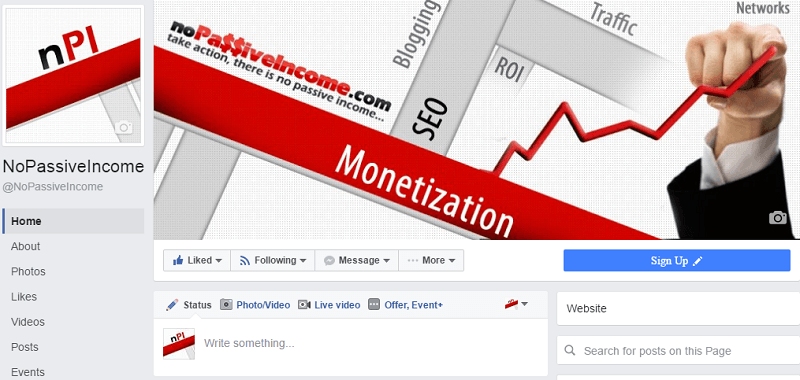A house is a great investment whichever way you look at it. Owning a house means you don’t have to pay rent anymore. Similarly, when you are done paying the mortgage, the house becomes your property, and you can do whatever you want with it. The only hindrance to becoming a house owner is getting the money for a down payment, the associated expenses, as well as the monthly installments. The banks will not lend you their money without a great credit score, and only if you prove that you can afford the loan.
This should not be a barrier since you can sometimes borrow from family and friends and buy a house. In this article, I am going to look into utilizing this avenue to become a homeowner. This kind of loan is also called a private mortgage, private home loan, or an intra-family mortgage.
Table of Contents
The process of securing the loan
Just because you are borrowing from a friend or family member is not a reason to do it casually, as it can bring a lot of complications later. The people involved should sign a contract and come up with the rate of interest, as well as the installment amount to be paid each month.
The person(s) lending you the cash will hold a lien over the property, and ownership will revert to them in case you default on payments. It’s also good to understand that you can face foreclosure from the lender for nonpayment of the loan just as you would with any other lender. Similarly, you could be forced to pay the remaining amount in full in case you delay in paying the monthly installments.
Necessary documents when borrowing from close ones

A repayment schedule
It’s a document that stipulates the amount to be paid each month as installment, as well as the time to repay the whole loan amount. It is not legally binding. but is useful for both parties for planning purposes. It will come in handy to check how much has already paid and the remaining balance.
Promissory note
This note is a promise involving the lender and borrower. It’s signed by the borrower agreeing to pay the loan according to the terms decided between the two parties. The terms in it are the frequency of payment, interest rate, penalties for late payment, and due dates each month.
Mortgage or deed of trust
This is a note securing the loan and signed by three people who are the lender, borrower, and trustee. The mortgage note or deed of trust makes the promissory note enforceable as the note is not secured itself. This note also acts as a permanent record of the debt and notice of lien. It shows the person identified as the owner of the property and lists the responsibilities of the borrower, including paying the principal amount, insurance, and interest on time. It also calls for keeping the property in excellent condition, as well as showing the legal description of the property.
Despite the two of you documenting the loan, it’s still advisable to seek expert advice. Consult with lawyers and tax preparers, as these will come in handy when preparing tax returns or in case of any future disagreements.
Advantages of borrowing from family and friends for the recipient

It’s Flexible
The two of you can agree on the payment period that can be shorter or longer depending on how the two of you arrange the loan. Family is more accommodating than banks that don’t know you on a personal level. It also means in case of unforeseen financial problems in the future, the family member or friend will be willing to wait for you to get back on your feet.
It’s cheaper
Family and friends will not lend you the loan at the same rates as the banks that have fixed interest rates that are not negotiable. This is because there are no costs like mortgage account fees, facility fees, the long process involving lawyers, and mortgage brokerage fee that the bank adds.
Reduced federal tax
An intra-family mortgage, just like a loan from the bank, will still get your federal tax deductions.
You get a 100% of the loan
When borrowing a mortgage to buy a house, the bank expects you to raise an amount for the down payment. In contrast, a friend or family member will give you the full amount of the loan.
Advantages for the lending friend or family member

Better rate of return
Lending cash to a family member or friend will earn the lender more interest than you can make from any savings account.
Stable income
The interest from the loan guarantees the lender a reliable source of monthly income for the period of the loan. This can enable them to plan for the proceeds and use them to meet other expenses.
The only negative of borrowing from family and friends
Shakespeare said, “For loan oft loses both itself and friend.” This means lending can cost a loss of both money and friends. Lending money is a gamble, and even banks face the same risk and often end up with bad debts.
When borrowing , make sure to repay them as agreed to prevent bad blood. This will ensure you maintain the relationships between you and the lender, and you can go to them in the future for further loans.
This con rests with you, but it won’t apply if you keep your part of the bargain.
Final Word
Borrowing from your close people is a cheaper and faster way to access funds to buy a home. As we have seen above it is not just more affordable and flexible, but you will also get tax deductions. As a borrower, make sure to repay the loan faithfully, as this will enable you to secure further loans from the lender or other people who learn that you can be trusted.
You don’t have to go for the more expensive and demanding loans from the bank. Similarly, if you cannot qualify for a loan because of a bad credit score, worry no more. You can easily borrow from family and friends for a huge investment like a house. Come on, do not wait anymore; reach out to that loaded friend, parent, or relative, and own a house!























